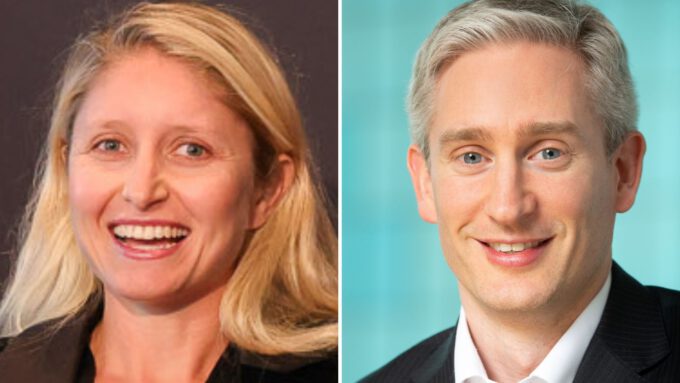Case Study of U.S. Utilities
In partnership with Capital Group, [i3] is pleased to convene a webinar to discuss US utilities within the global corporate bond sector.
With 2 decades of experience investing in US corporate bond markets, Karen Choi will share her overall perspectives on the market and then do a deep dive into US utilities. In particular, she will focus on the impact of the wildfires in California, climate change implications and the fundamental underpinnings of the sector – a topic of great relevance to Australian investors.
Risk of Wildfires
The 2020 California wildfire season is the largest and most severe on record in terms of burnt area with about 4 million acres, double the acreage burnt in 2018, the state’s second-worst wildfire season in history. This can lead to billions of dollars of damages, presenting significant risks to the utilities sector.
However that is potentially matched by a corresponding commitment by major utilities to upgrade their infrastructure, asset management and risk mitigation capabilities.
Discussion themes
Australian investors will hear unique insights on a space that often stays under the radar and one that is very different to our own sector. It will give a fresh and different light to the sector.
Hosted by [i3]’s Teik H. Tan, this webinar will also cover topics such as:
- Idiosyncrasies of credit risk in US utilities: Wildfires, bankruptcies and climate change
- Governance and the impact of engagement with the:
- Management
- Regulator
- Legislator
- Public
- Pandemic risk and valuations
- ESG investment implications in the utilities sector
Transcript (with timings)
3.41 An overall outlook on US Investment Grade Corporate Bonds and how this has changed over recent times.
5:50 Interest rate risk is quite different at the moment to previous years.
7:52 How do we connect the dots between wildfires and the utilities sectors?
8:21 Why is the sector risk different in CA to the other US states?
11:08 In 2017, a commissioner made a decision for one of the utilities companies to not be able to recover the costs related to a wildfire, and that one decision changed investability in the sector.
11:32 Legislation was introduced subsequently but that in itself caused issues in 2018 – when there was one of the most catastrophic fire seasons.
12:14 One company went into bankruptcy as a result – twice. Bond prices suffered but buying them was still a good investment decision.
14:10 What was the downside risk?
15:03 How can the utility companies be deemed liable for the fires?
16:23 What does engagement look like in this scenario?
20:12 Has the engagement meant utilities companies are still liable? What is the ‘Wildfire Fund’?
22:30 How did the legislation affect bond pricing and the outlook for long term investors?
25:22 Has the process and legislation meant that the California utilities companies have made changes to mitigate issues in future? What’s a public safety power shutoff?
27:46 Has the pricing or mis-pricing of the bonds changed?
29:06 Equities people might have different views on the story to a bond investor.
30:38 Thinking about broader ESG – how does the utilities sector fare and what are they currently doing on this front?
35:39 Is holding a company throughout the bankruptcy process, as with PG&E, the right decision?
37:21 Has the pandemic changed views on the utilities sector?
39:43 Relating ESG to PG&E is hard and a little controversial, given they don’t have a great history.
Speaker

Karen Choi is a fixed income portfolio manager and analyst at Capital Group.
As an analyst, she covers utilities in the U.S. She has 22 years of investment experience and has been with Capital Group for 13 years. Prior to joining Capital, she was a fixed income analyst with AllianceBernstein and before that with Prudential Financial.
She holds a bachelor’s degree in international relations from Wellesley College. She also holds the Chartered Financial Analyst® designation. Karen is based in New York.
_____________
Disclaimer: This webinar is for educational purposes only and does not constitute financial advice. It is intended for wholesale and institutional investors only.
Enquire about this event

![[i3] Webinar with Capital Group's Karen Choi](https://i3-invest.com/wp-content/uploads/2021/02/current-1791857_1920-646x430.jpg)


